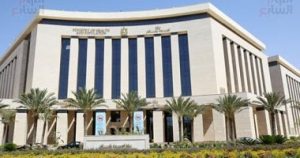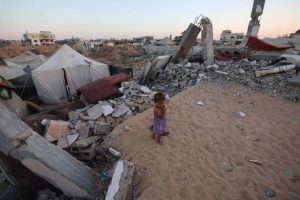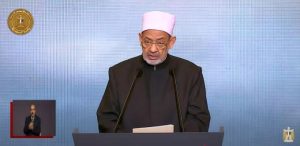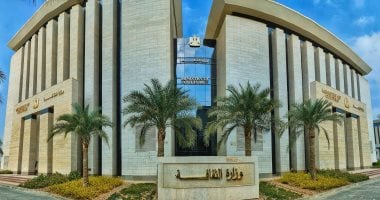The Ministry of Culture announced the organization of an international conference titled “Cultural and Creative Industries and Their Developmental Dimensions: Sinai as a Model” at the Arish Cultural Palace in North Sinai Governorate, scheduled for October 2025, coinciding with the celebrations of the glorious October victories. This event is part of the Ministry’s programs aimed at supporting cultural and creative industries. Under the patronage of Dr. Ahmed Fouad Henu, Minister of Culture, the General Authority for Cultural Palaces, headed by Major General Khaled El-Laban, in cooperation with the International Cultural Relations headed by Dr. Rania Abdel Latif, is preparing for the conference.
The conference aligns with the state’s efforts to highlight the role of cultural and creative industries in sustainable development and community empowerment, addressing six main themes.
The first theme focuses on the concepts of cultural and creative industries, including modern definitions, the difference between culture as a symbolic product and industry as an economic product, the status of these industries in the Arab and global contexts, and the role of local creativity in confronting cultural globalization.
The second theme discusses the creative economy and sustainable development, exploring the role of cultural industries in stimulating the national economy, their contribution to GDP, the relationship between culture, innovation, and sustainable development, the role of entrepreneurship in boosting the creative economy, and the use of artificial intelligence and digital transformation in cultural industries.
The third theme dedicates to culture as a tool for community empowerment and local development (Sinai as a model), highlighting cultural industries in rural, slum, and peripheral areas, the role of culture in empowering youth and women, community experiences in small cultural projects, and the role of arts, popular theater, and crafts as means of local development.
The fourth theme covers successful experiences and projects through case studies of cultural projects with a production dimension, examples of cities transformed into cultural and economic centers, the balance between handicrafts and heritage products in trade and identity preservation with a focus on Sinai, and the role of digital cultural platforms in advancing creative industries.
The fifth theme addresses legislation and public policies, including cultural policies supporting creative industries, legal and legislative challenges facing cultural project owners, ways to protect intellectual property of cultural and artistic products, and the role of official institutions such as the Ministry of Culture, the General Authority for Cultural Palaces, and universities.
The sixth and final theme discusses regional and international cooperation, reviewing international partnerships in cultural industries, cultural exchange as a development approach, the role of international organizations such as UNESCO and the European Union in supporting the cultural economy, and international funding initiatives for cultural projects.
Regarding participation conditions, research papers must be original, unpublished, and not derived from previously published books or studies. Papers should be written in Simplified Arabic font size 14, with 12 for footnotes, 16 for subheadings, and 18 for main titles. They must be linguistically reviewed and proofread, with references and footnotes listed at the end following the specified format. Papers should be between 3000 and 4000 words, accompanied by an Arabic abstract of 300-500 words and a brief scientific biography of the researcher.
The conference activities are supervised by the Central Administration for Cultural Affairs headed by poet and researcher Dr. Masoud Shoman. Research papers should be sent to [email protected], with the submission deadline on September 20, 2025.













Recommended for you
Exhibition City Completes About 80% of Preparations for the Damascus International Fair Launch
Talib Al-Rifai Chronicles Kuwaiti Art Heritage in "Doukhi.. Tasaseem Al-Saba"
Unified Admission Applications Start Tuesday with 640 Students to be Accepted in Medicine
Egypt Post: We Have Over 10 Million Customers in Savings Accounts and Offer Daily, Monthly, and Annual Returns
His Highness Sheikh Isa bin Salman bin Hamad Al Khalifa Receives the United States Ambassador to the Kingdom of Bahrain
Al-Jaghbeer: The Industrial Sector Leads Economic Growth